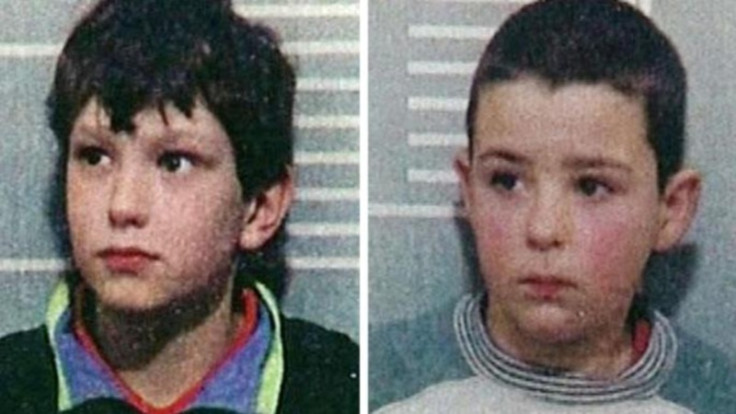Review recommends child offenders should be granted lifetime anonymity to stop reoffending
Two-thirds of child criminals go on to reoffend.

A government-commissioned review has recommended that child criminals should be given life-long anonymity. The review was enacted to try and combat child recidivist rates which sees more than two-thirds of child criminals reoffend within a year.
An automatic ban would have meant the identities of child killers Robert Thompson and Jon Venables, who in 1993 murdered two-year-old James Bulger, would have remained secret.
The identity of Learco Chindamo, who was 15 when he stabbed to death head teacher Philip Lawrence in west London in 1995, would have also remained undisclosed.
After the review was published, MPs are now considering introducing a law which will indefinitely prohibit the media from identifying young offenders.
As the law stands, automatic anonymity is granted to offenders and suspected offenders under 18 at youth courts and crown courts.
But at 18 anonymity expires in England and Wales. Judges can also agree to names, ages and addresses of convicted offenders under 18 to be made public in exceptional circumstances if the crime is deemed serious enough.
The Ministry of Justice (MoJ) said it will discuss the proposals, made by child behavioural expert, Charlie Taylor. The report says revealing of child criminals' names "risks undermining their rehabilitation as their identity could be established on the internet even though a conviction may have become spent for criminal records purposes".
Penelope Gibbs, vice chair of the campaign group Standing Committee for Youth Justice, said according to the BBC that if a child's identity is made public, rehabilitation becomes harder.
She said: "There's good evidence that the kind of vilification that is associated with a child that has committed a very serious crime being identified, destroys those chances of rehabilitation".
Bob Satchwell, executive director of the Society of Editors, told The Times: "The idea of a blanket ban would be against any concept of open justice and the public's right to know and is a step too far."
Mark Hanna, journalism lecturer at the University of Sheffield, and co-author McNae's Essential Law for Journalists, said the internet has "changed everything". He said: "Arguably communities do have a right to know the identity of, for example, a juvenile who commits a very serious, cruel crime at the age of 16 or 17, or who is a persistent offender, so people can be wary of them as adults.
"But the internet has changed everything, because a report of a court case can now be read for an indefinite duration, and so a person's offending as a juvenile could be discovered years later with a Google search of his name."
The MoJ said in a statement that it would discuss these proposals with interested parties, including the Home Office, media and youth justice interest groups.
© Copyright IBTimes 2025. All rights reserved.




















